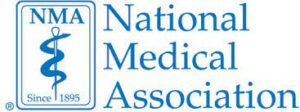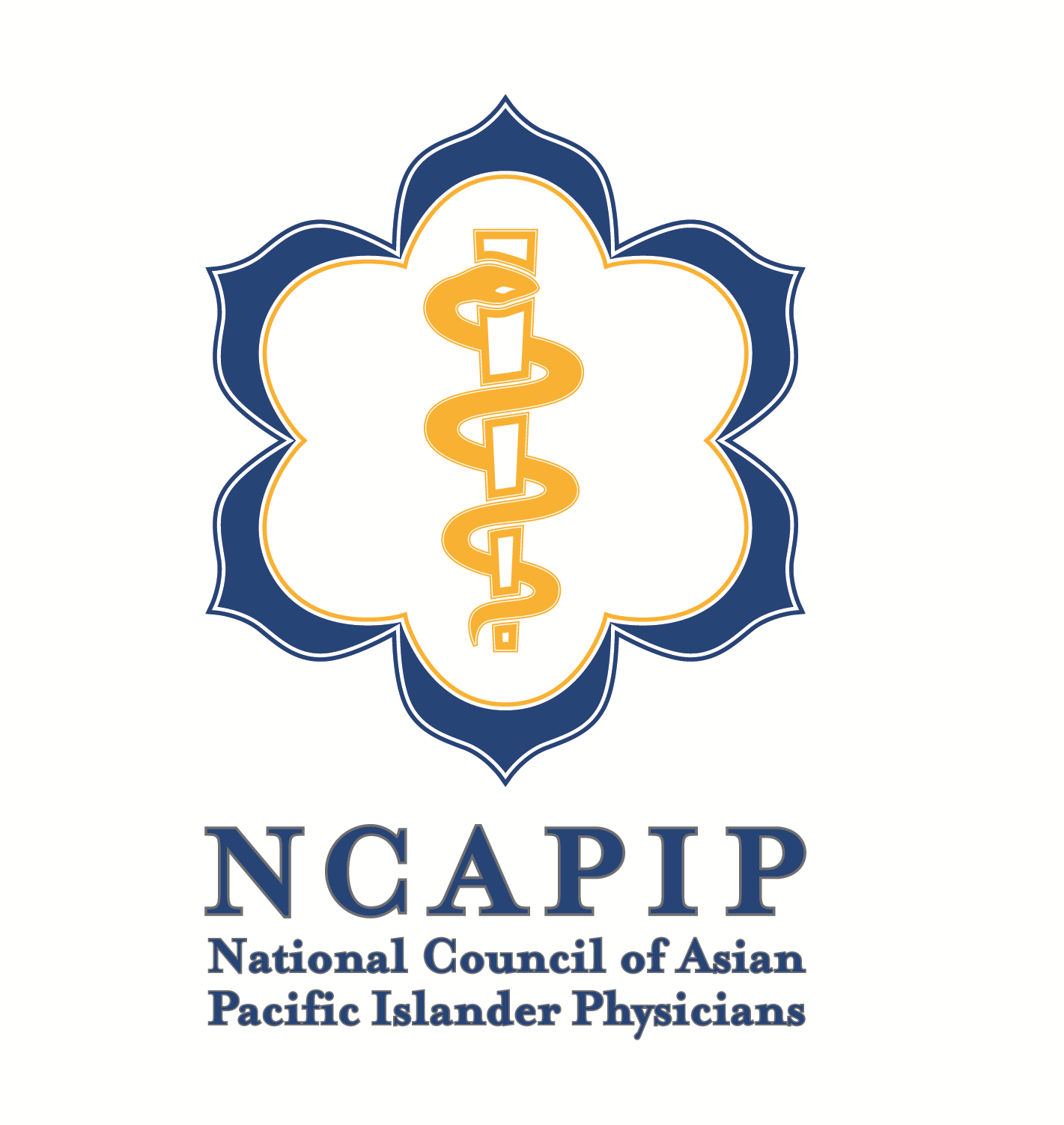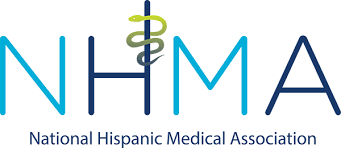Clinical Trial Patient Engagement Training
Training to Improve Participation from Underrepresented Racial and Ethnic Populations in Clinical Trials
knowRX Health is addressing the needs of clinical researchers by offering on-demand, web-based diversity training specifically designed to address Cultural Considerations for the Conduct of Clinical Research for those individuals involved in engaging patients in clinical trial participation. Our "I Support Research, For You" campaign begins with training which includes expert perspectives from multiple cultures currently underrepresented in clinical research, offers participants actionable insights that are critical for achieving success in diverse recruitment and retention for clinical trials.
FDORA, which stands for Food and Drug Omnibus Reform Act," is a law passed by the Congress of the United States in 2022. It includes several elements that seek to correct a lack of racial and ethnic diversity in clinical trials. The FDA has responsibility for regulating the enforcement of this new law. The FDA recognizes the importance of diverse representation in clinical research to ensure that medical products are safe and effective for all populations.
As part of the FDA's efforts to enhance diversity in clinical trials, the agency has emphasized the need for training and education of principal investigators and clinical trial staff. This training is crucial to equip them with the knowledge and skills necessary to effectively engage diverse communities and promote inclusivity in clinical research. By addressing barriers and increasing diversity in clinical trials, the FDA aims to improve the generalizability of trial results and ensure that medical products are safe and effective for all populations requiring their use.
The impact of clinical trial training for principal investigators and staff can be significant in several ways:
- Enhanced Cultural Competence: Training programs can help researchers and staff develop cultural competence, which involves understanding and respecting the beliefs, values, and needs of diverse populations. This allows them to effectively communicate with and engage individuals from different backgrounds, improving participant recruitment and retention.
- Improved Engagement and Retention: By learning strategies to engage diverse communities, investigators and staff can enhance enrollment efforts and encourage participation in clinical trials. They can address potential barriers, such as language, mistrust, and cultural considerations, and tailor their approaches to make clinical trials more accessible and appealing to underrepresented populations.
- Better Study Design and Implementation: Training can help principal investigators and staff gain insights into the unique considerations and challenges associated with conducting trials in diverse populations. They can learn about factors that may impact participation, such as comorbidities, genetics, and socioeconomic factors. This knowledge can contribute to the development of more effective study designs and implementation strategies.
- Increased Data Quality and Generalizability: Diverse representation in clinical trials improves the generalizability of research findings and ensures that medical products are safe and effective for all populations. When principal investigators and staff receive training on diversity and inclusion, they can implement strategies to recruit and retain participants from different demographic groups, leading to more robust and representative data.
By investing in clinical trial training for principal investigators and staff, the FDA aims to create a more diverse and inclusive research environment. This aligns with the FDA's required diversity plans for clinical trials, which seek to address historical disparities and ensure that clinical research benefits all individuals, regardless of their race, ethnicity, age, gender, or other demographic factors.
Beyond generic “culturally competency” training for healthcare workers, our training focuses on how to effectively engage a non-majority population to enlist their voluntary participation in your clinical trial.
Collaboration Partners
In cooperation with and endorsed by the National Medical Association (NMA), the W. Montague Cobb Institute, and the Alliance of Multicultural Physicians (AMP) which include the Association of American Indian Physicians (AAIP), the National Council of Asian Pacific Islander Physicians (NCAPIP), and the National Hispanic Medical Association (NHMA) this training is available for your Principal Investigator and Site Staff conducting clinical trials.
A percentage of proceeds from this training will benefit local community groups as represented within this training program to advance health literacy. Speak with one of our collaborations partners or sign up directly on this page.




Meet our Community Experts and sign up for our 2-hr on demand training, "Cultural Considerations in the Conduct of Clinical Trials".

Moderator: Dr. James H. Powell

Perspectives from the African American Community: Dr. Rueben Warren

Perspectives from the Hispanic/Latino Community: Dr. Fabian Sandoval

Perspectives from the Asian American Community: Dr. Karen Kim

Perspectives from an Experienced Investigator Community: Dr. Michael Koren

Perspectives from the Volunteer Experience Community: Ms. Karen Peterson


